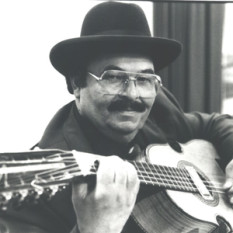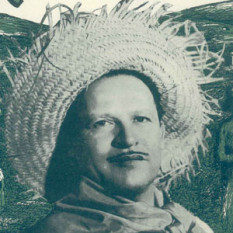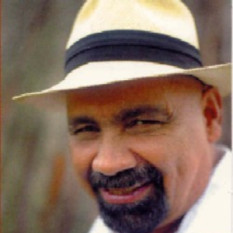Jíbaro (Spanish: ˈxiβaɾo) is a word used in Puerto Rico to refer to the countryside people who farm the land in a traditional way. The jíbaro is a self-subsistence farmer, and an iconic reflection of the Puerto Rican people. Jíbaro culture is also characterized by its own typical Puerto Rican folk music, commonly termed "jíbaro music". This genre of music also goes by different names, e.g., typical music, mountain music, peasant music, or Puerto Rican hillbilly music. Ramito is said to be the greatest proponent and interpreter of the jíbaro music. Odilio González, a singer of jíbaro music and originally from the mountain town of Lares, adopted the stage name of "El Jíbarito de Lares" (the Jíbarito from Lares), and recorded many LPs with his stage name proudly plastered prominently on their covers.
Jíbaro music is characterized by the use of the cuatro, its central instrument; guitar; and güiro. Maracas, bongos, and at times congas and cowbells are also commonly used in addition to the three base instruments. There are three sub-genres of jíbaro music: seis (introduced by Spanish colonizers), aguinaldo (traditional Christmas songs), and corridos. At present, música jíbara is most commonly heard during the Christmas season, but it is also played at weddings, birthdays, and at fiestas patronales throughout the year. .



